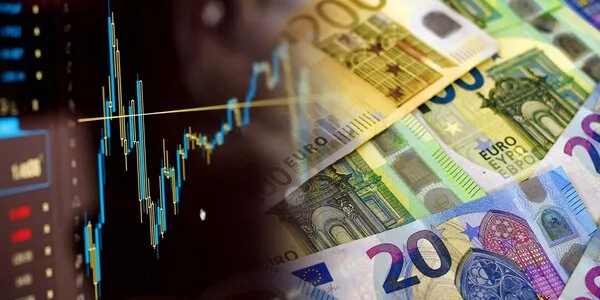
Flash Update - On the Defensive
Macro
With an estimated one third of the world’s population in lockdown, the economic impact of the fight to stem the spread of the coronavirus will be severe. Recent business confidence figures suggest that conditions are worse in services than manufacturing, reflecting the precipitate closure of most shops, hotels, restaurants and so on in affected countries. Policy settings have been rapidly adjusted to provide support for households and companies to help mitigate the economic distress the shutdowns will cause. Activity in China is picking up steadily and the authorities plan to lift the last restrictions in Hubei province in early April. After a sharp economic slowdown in Q1 and Q2, we expect the pandemic to begin to wane in Europe and the US, enabling recovery to take hold in the second half and strengthen in 2021.
Central Banks
Central banks have scrambled to adjust policy settings in light of the hit to market liquidity and financial conditions caused by the Covid-19 slump in activity. Key rates have been slashed to zero or lower across the board, and central banks have stepped up the use of their balance sheets to purchase vast amounts of government bonds, corporate debt and even, in the case of Japan, equities. These measures will do little to kickstart activity in the short term but they should be successful in ensuring that financial and interbank markets continue to function satisfactorily. Moreover, the US Federal Reserve (Fed) has opened channels to give 14 other central banks ready access to US dollars, to address any shortages in dollar funding.
Markets
As growth forecasts have been cut, risk assets such as equities and High Yield (HY) bonds have come under heavy selling pressure. This has triggered margin calls for some leveraged investors, forcing them in turn to liquidate other assets, including safe havens like government bonds and gold. Volatility – often used to measure aversion to risk – has hot higher with markets registering large swings in both directions. Such trading patterns are common during recessions and bear markets when investors can struggle to determine appropriate prices for securities. We expect markets to remain nervous as rising new Covid19 cases spur continued restrictions on activity and we remain defensive in our stance.
Bottom Line
We suggest continuing to hold reduced exposure to equities and bonds in portfolios and to boost cash reserves. Within fixed income, our preferred segment is Investment Grade (IG) corporate bonds. Government bonds offer little value and could come under pressure from spiralling budget deficits while HY looks vulnerable to a spike in default rates. Moreover, large numbers of lower-quality IG issuers are at risk of downgrades which could swamp HY investors. Within equities, we would favour emerging markets, especially in Asia where China, South Korea and Taiwan have proven successful in containing the coronavirus outbreak, enabling resumption of output. We suggest raising exposure to Hedge Funds which should benefit from an improved opportunity set driven by dislocation in markets. Higher-than-normal cash reserves should enable investors to take advantage of the buying opportunities which the ongoing correction will doubtless offer.
The Global Investment Committee continues to monitor developments closely and stands ready to make further adjustments to recommendations as and when necessary.





